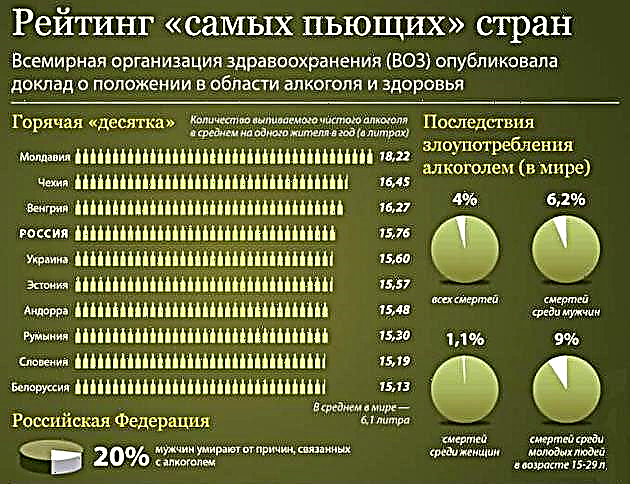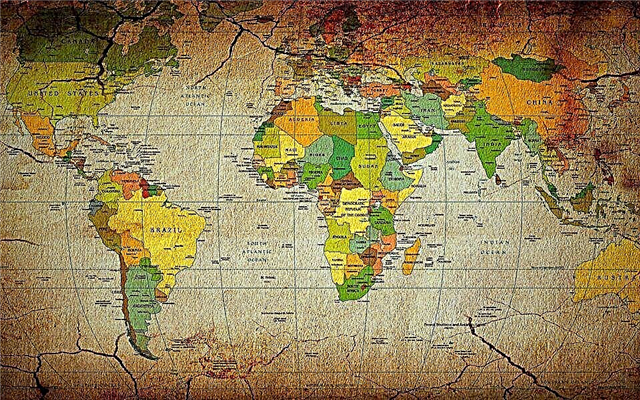After the sad events of 2008, every year with bated breath we expect new economic shocks, rising unemployment, inflation, devaluation, stagnation and other troubles.
Meanwhile, analysts argue that global crises shake the economy with enviable frequency. To clearly demonstrate this pattern, we bring to your attention Top 10 global financial crises.
10. The crisis of 1825
Historians often call the events of 1825 the first international financial crisis. In the early 1820s, several Latin American countries gained independence at once. A stream of investments from the UK rushed here, and a speculative mania began on the London Stock Exchange. As a result, the collapse of the British stock market erupted, the banking crisis quickly spread to the continent and overseas to Latin America.
9. The crisis of 1907
The crisis was provoked by the Bank of England, which raised the discount rate from 3.5% to 6% to replenish its own gold reserves. The event caused an outflow of capital from overseas and triggered a fall in the US stock market. In general, the crisis affected the UK, USA, France, Italy and several other countries.
8. The crisis of 1914
The outbreak of World War I caused an international financial crisis. The collapse of the money and commodity markets of dozens of countries. In the United States, Britain, and several European countries, banking panic was only mitigated by timely intervention by central banks.
7. The Great Depression of 1929-1933
The reason for the famous "depression" was a sharp increase in the purchasing power of the currencies of the Scandinavian countries, Italy, England and the United States in the postwar years. 10.24.1929, the fever on the New York Stock Exchange began. Shares of the largest companies lost 70% of the value. Factories began to close, unemployment reached alarming proportions. Ultimately, at least 30 million people in the United States and Europe were affected by the crisis.
6. The crisis of 1987.
On "Black Monday" - 10/19/1987, there was a collapse in the US stock market. The Dow Jones Index fell 22.6% or 508 points. Following the USA, the markets of Canada, Australia, New Zealand, Hong Kong, and Latin American countries “collapsed”. It took 21 months to return to the pre-crisis state.
5. The Mexican crisis of 1994-1995
This crisis, economists often call "Tequila." Despite the fact that he mainly affected the Mexican market, the governments of many countries for the first time in history provided significant financial assistance in order to prevent the crisis from flowing beyond the borders of Mexico. Only the United States formed a $ 20 billion loan package for the country. Which, by the way, made the Mexican economy dependent on the US economy for many years.
4. The Asian Crisis of 1997
The crisis was triggered by the collapse of the Hong Kong stock market, which caused a serious resonance in all countries of Southeast Asia. Over time, the wave overtook the markets of Europe and the United States. It is believed that this crisis to some extent influenced the events of August 1998 in Russia.
3. 1998 crisis
Most of all, this crisis hit the Russian economy. But there is every reason to call it international, since Ukraine, Kazakhstan, Lithuania, Estonia, Moldova, Latvia and Belarus suffered. For six months, the ruble fell more than three times. The Russian banking system has been in a state of collapse for at least a year. The number of depositors who have lost all their savings is in the hundreds of thousands.
2. The oil crisis of 1973-1974
Oil prices skyrocketed from $ 3 to nearly $ 12 per barrel. OPEC countries have reduced production and said they will not supply "black gold" to countries that support Israel. The oil crisis has contributed to an increase in Soviet oil exports.
1. The crisis of 2008
The crisis began in the USA. Among the reasons, analysts say overpriced commodity prices, and huge volumes of credit debt at a low interest rate. Today, financial analysts argue whether the crisis is over or is in full swing. Howbeit, 2008 crisis is considered the most global in the history of the world economy.












